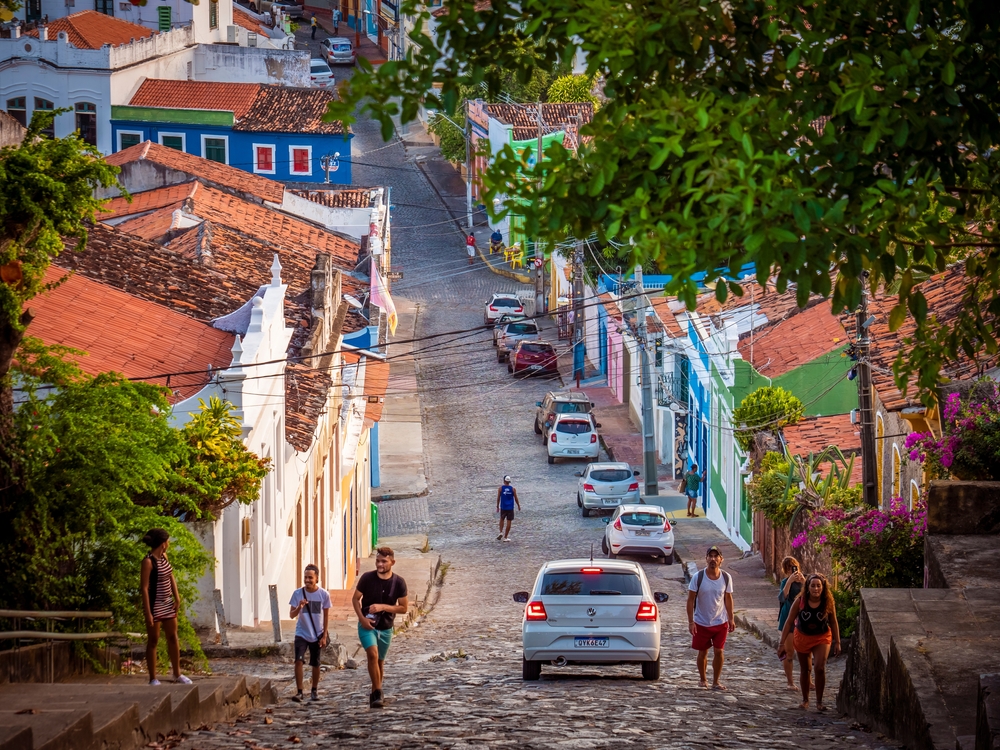In recent years, a wave of social justice protest has spanned the globe. In many cases, demonstrators sought to deface, topple, or simply destroy monuments dedicated to historical figures such as slave traders, Christopher Columbus, or dictators – which has in turned fueled a debate about how societies should deal with historical memory.
Lawmakers in Olinda, a city in the northeastern state of Pernambuco, opted for a different approach: in February they passed a law forbidding streets and public buildings from being named after slave owners and figureheads from the military dictatorship that ruled Brazil between 1964 and 1985.
The bill was drafted by City Councilor Vinicius Castello of the Workers’ Party, who claims his aim was to bring an anti-racist agenda to the forefront of political life, in a city whose history is marked by black resistance.
Almost two-thirds of Olinda’s population of 400,000 are black – many descending from slaves brought by Portuguese colonizers to work the sugarcane fields and sugar mills. For centuries, this labor-intensive sector was the engine of the local economy.
In...


 Search
Search






































